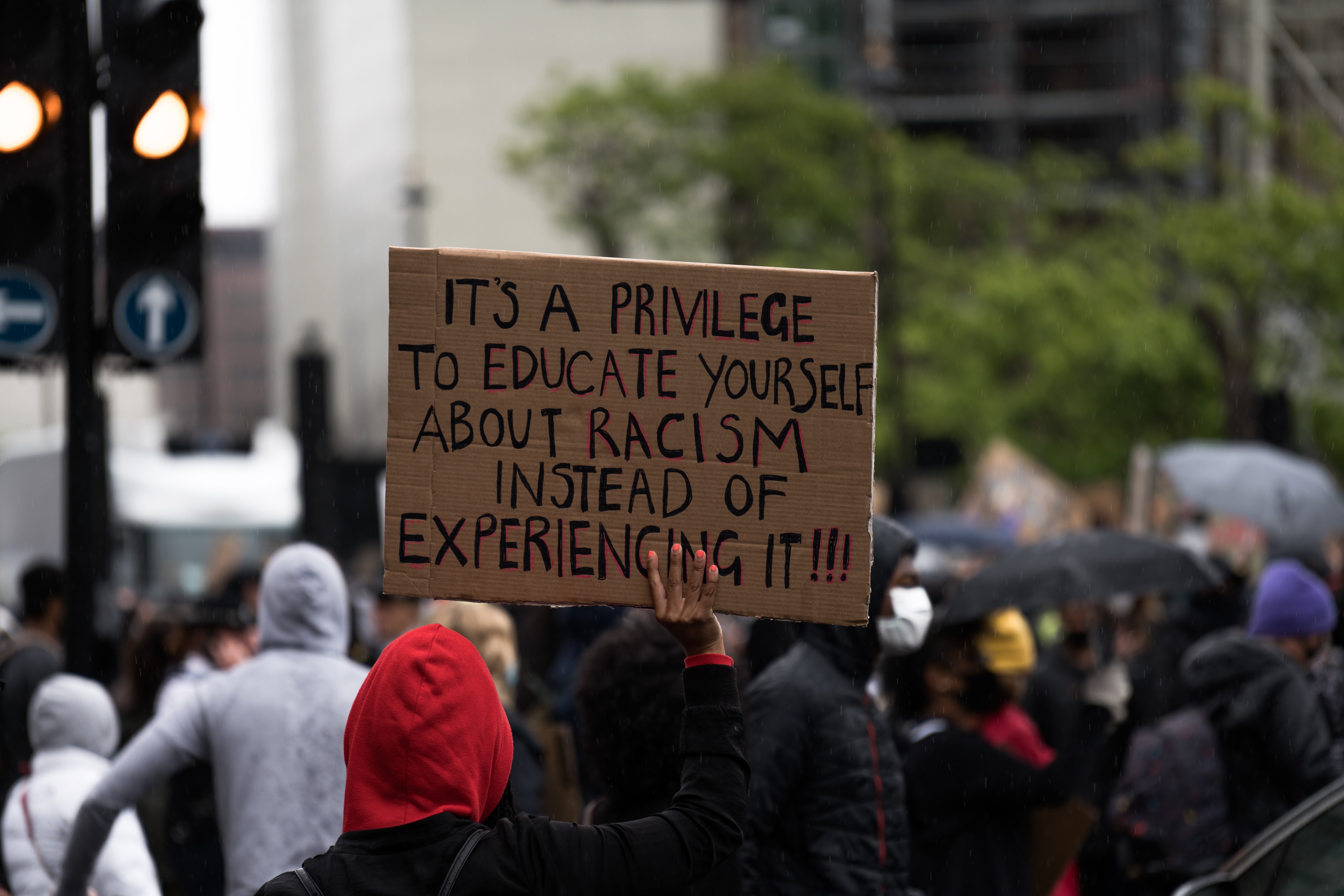- Happy Activism: A Sustainable Way to Create Change Without Burnout - February 9, 2026
- The Meaning of Critical Thinking: A Key Skill for Navigating Today’s Information Landscape - November 3, 2025
- Grandparents Can Develop Activist Grandchildren - September 29, 2025
Last Updated on January 17, 2025
In this post I feature a video by Miana Bryant of The Mental Elephant. She discusses Taraji P. Henson’s passion for African American mental health.
But first, let’s talk about the overall impact of mental illness.
The Impact of Mental Illness
Mental illness is widespread.
- 1 in 5 adults have a mental health diagnosis.
- Lost earnings from mental health disorders reach $300 billion yearly.
- 1 in 8.4 million people are caregivers of someone with a diagnosis.
The Underlying Issues
The issues underlying mental illness are stigma, access to resources, and supporting caregivers.
Stigma occurs when people label mental illness as shameful and name-call, bully and discriminate. This hurts people already struggling with a disease that is no fault of their own. Stigma is the number one reason people do not seek treatment.
Another issue is that we need more affordable medications and treatment facilities. And in the United States, we have a shortage of therapists.
Finally, caregivers of someone with mental illness need support. Caregiving is a difficult job that can lead to burnout without proper self-care and respites.
Taraji P. Henson and African American Mental Health
Sadly, mental illness impacts vulnerable populations such as African Americans at an even higher rate.
In this video, Miana Bryant of The Mental Elephant discusses Taraji P. Henson’s passion for African American mental health.
Stigma
Taraji P. Henson and Miana Bryant discuss the unique aspects of stigma on African Americans. The community tends to avoid discussions of mental illness. And worse, religion is a barrier to people getting the help they need.
We’ve been taught to pray our problems away.” – Taraji P. Henson
Uneducated religious leaders may believe their support can cure mental illness. Counseling can help, but mental illness may require other treatments such as medication. Worse, if a congregant seeks treatment, some religious leaders tell them they lack faith.
Lack of Resources
The lack of resources for African American mental health is a big problem. For example, Henson wanted a therapist who understands her struggles. Counselors must be trained in cultural competence. This term describes the ability to understand a person’s culture and how it impacts them. Being culturally competent means stepping into the client’s shoes and guiding the person in culturally-appropriate ways.
Unfortunately, there are too few therapists to support people of color.
Taraji P. Henson Makes a Difference with Mental Health Activism
Henson recognized the lack of African American mental health resources and decided to help. So she created the Boris Lawrence Henson Foundation in honor of her father, who struggled with mental health issues. The foundation has many resources. One is a search tool so African Americans can search for culturally competent therapists.
Henson matched her passion for mental health with an obvious need in her community. And has made a difference in African American mental health.

If mental health is your passion, how can you match it to the needs of your community? Make a Difference includes an easy-to-follow path to match your unique skills and talents to the cause closest to your heart.
READ NEXT
Why Cultural Competence is Important Article by Be Desmond Sweet from the Boris Lawrence Foundation
Mental Health Series by activist Trish Lockard
Living Faith: Surviving and Thriving in the Wake of a Bipolar Disorder Diagnosis




Pingback: How to Honor Mental Illness Awareness Week with Action
Pingback: The Olympics Open the Door to an Athlete Mental Health Conversation
Pingback: Stigma: A Thorn in the Side of Mental Health Care
Pingback: Living Faith: Surviving and Thriving in the Wake of a Bipolar Disorder Diagnosis